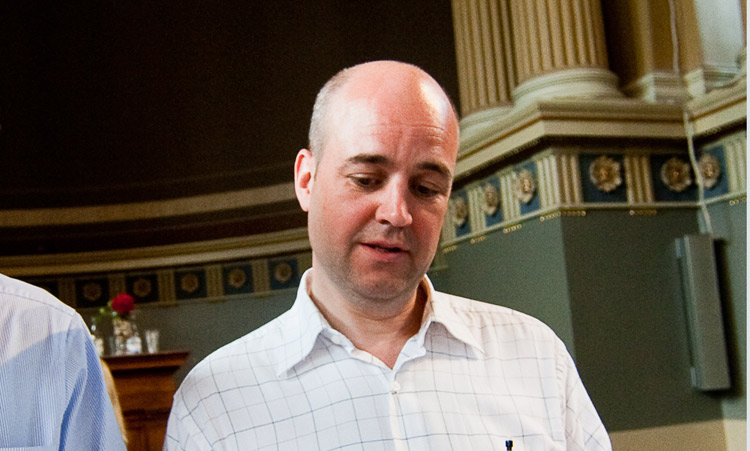So, Sweden went for the Election, and now what? Read the latest News of the Week here.
A real nail-biter
This would be the best word to describe this year’s election. If you thought that things were complicated before the election, that’s nothing compared to the situation now, a week after. The Swedish Democrats got 13% of the votes. The Feminist Initiative only got 3% of the votes and therefore missed the opportunity to enter the Parliament. Fredrik Reinfeldt the previous Prime Minister resigned and it’s now up to Stefan Löfven, leader of the Social Democrats, to form a government.
Disappointment for the Feminist Initiative
Even though the hopes were high, the Feminist Initiative didn’t get over 4% of the votes and therefore they didn’t get seats in the Parliament. According to Dagens Nyheter the party says themselves that they are disappointed but emphasise that their work is long term. Getting over 2.5 % of the votes means that they will get official financial support just like the other parties.
A happy evening for the Swedish Democrats
The Swedish Democrats, on the other hand, were not disappointed. With 13% of the votes they became the third largest party in Sweden, Sydsvenskan reports. As a result they are demanding more power in the Parliament but the problem is that none of the other parties want to cooperate with them. During the night of the election, Lövfen expressed in his speech that he is willing to cooperate with “all democratic parties” implying that he shuts the Swedish Democrats out from the negotiating table.
Reinfeldt resigns
When the Alliance loss was a fact, the leader of the Moderates, Fredrik Reinfeldt announced that he would resign. But, he resigned with all flags flying. “Even though they lost it is the best election for the Moderates ever,” Tommy Möller, political scientis says to Svenska Dagbladet. As a consequence of their loss it is now up to Stefan Lövfen, leader of the Social Democrats, to form a government.
Difficulties at the negotiating table
Forming a government has proven not to be the easiest task, and Dagens Nyheter reports that this particular one can be the most complicated in many years. Löfven emphasizes that he wants to dissolve the block politics, but above all two issues put Löfven in a difficult position. The Left Party demand that there should be no profit in the welfare sector, a demand that Löfven hasn’t met yet. The other issue is the question of developing or carrying through a nuclear power phase-out, an issue which makes it difficult for Lövfen to cooperate with the Green Party and parties from the Alliance at the same time.
Risk for political chaos
But the negotiations will continue. This Monday (22/9) Löfven got commissioned by the chairman of the Parliament to form a government. Aftonbladet reports that the challenge now is to create a budget that is likely to get the majority of the Parliament’s votes. Here the Swedish Democrats can become a problem for them. According to Jan Björklund from the People’s Party, the Alliance could be willing to abstain their votes if they consider the new budget sustainable. However, the Swedish Democrats could choose to vote for the budget of the Alliance, which would create political chaos when the voting takes place in December.






